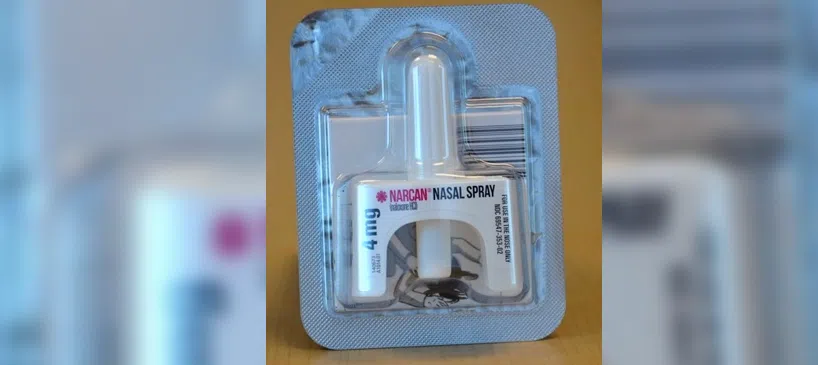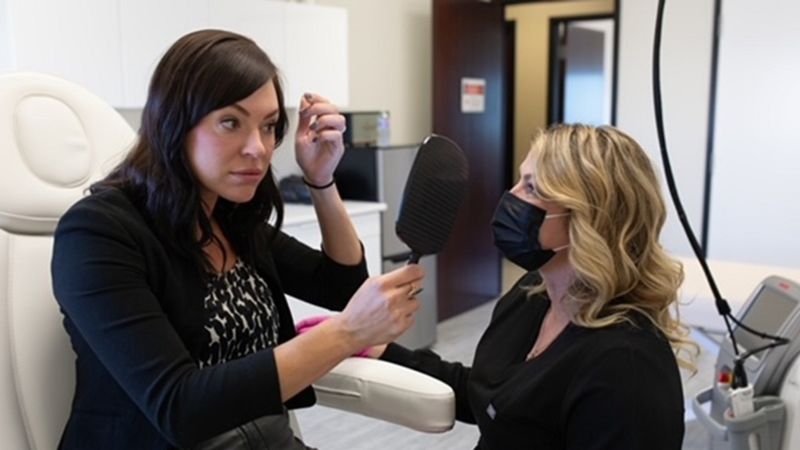
M.L. RCMP equipped with fentanyl antidote
Members of the RCMP are now trained and equipped with naloxone kits, an antidote that can temporarily reverse the effects of an overdose of opioids, like the increasingly prevalent fentanyl.
Sgt. Ryan How of the Meadow Lake RCMP said all detachment members carry the naloxone spray, which is inhaled nasally and buys a person who is overdosing precious time to get to a hospital.
“Every member should have them on themselves at all times,” he said “The rollout came earlier this year.”
How added the measure is proactive; no overdoses have been reported locally thus far. He said it is important members remain prepared.


